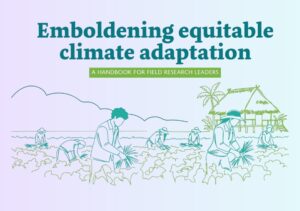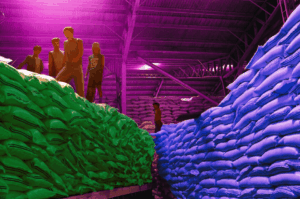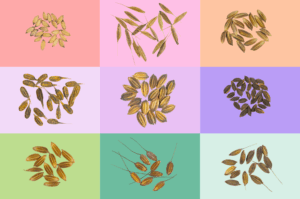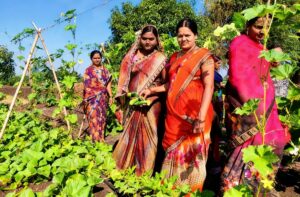The world is at risk of yet another year of record hunger as the global food crisis continues to drive more people into worsening levels of acute food insecurity, according to The World Food Programme (WFP). Around the world, the number of hungry people went up to around 345 million since the beginning of 2022 from 282 million.
WFP warned that hunger numbers have repeatedly hit new peaks and can get worse without a large scale and coordinated effort to address the root causes which include climate shocks, conflict, and economic instability.
Read the story @UN News
More on achieving food security:
How to make rice production more sustainable in Bangladesh?
Researchers identified sustainable crop production models and technologies that farmers and researchers in Bangladesh can adopt to revolutionize their farming practices in a workshop hosted by the Bangladesh Agricultural Development Corporation (BADC).
The amount of technologies agricultural scientists develop is largely disproportionate to the number of them being adopted by end users including farmers and researchers. This low adoption rate is compounded by other factors including climate change, poor access to market, and lack of know-how. To address this gap, stakeholders from the BADC and IRRI have been working together for the past three years to develop solutions that would improve the adoption of technologies for more sustainable crop production in the country.
SpeedBreed: A crop breeding center built for speed
Speed breeding is an emerging strategy to develop new varieties in a shorter time. This strategy was initially developed in long and day-neutral crops by manipulating environmental conditions; for example lengthening daily light exposure to shorten the time to flower and produce seed bringing the succeeding generation as quickly as possible. Today, this technology is being developed in short-day crops as well.
ASEAN-CGIAR regional program being submitted to the 44th AMAF meet
The CGIAR, through its Southeast Asia and the Pacific Regional Hub, has been in dialogue with the ASEAN Secretariat and ASEAN Member States (AMS) to co-create the multi-year research and innovation for development (RI4D) program that will build on planned CGIAR and individual Center initiatives, maximizing their scope and impact, while ensuring that the region’s key agricultural, fisheries and food research and innovation needs, and demands are met.










